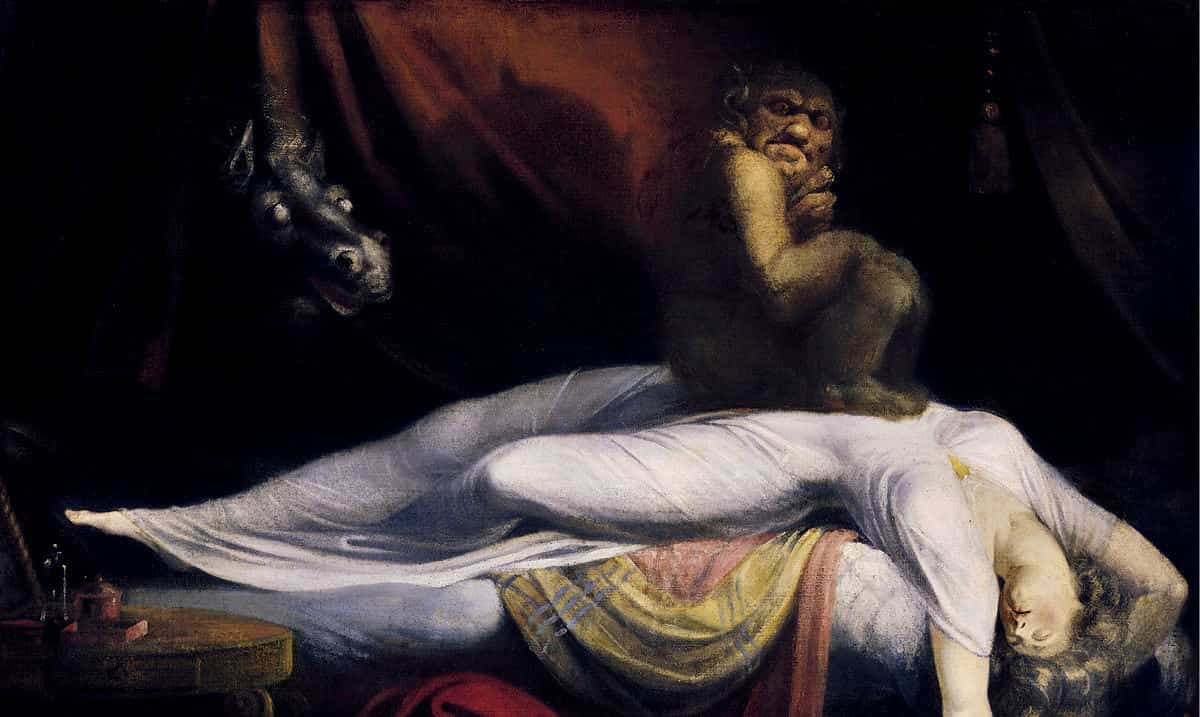FREE UK DELIVERY ON ALL ORDERS - FAST, TRACKED INTERNATIONAL SHIPPING

Discover the captivating collection of Henry Fuseli prints that explore gothic themes and psychological depth. Renowned for works like "The Nightmare" and "The Dream of Eve," Fuseli's art combines literary inspiration with striking imagery. Each print invites viewers into a world where fantasy intertwines with reality, showcasing his innovative spirit and emotional storytelling.
Sign up for exclusive offers, original stories, events and more.
We started selling original abstract paintings to interior designers and private collectors in 2007 and have expanded our original paintings range to incude historical, portraiture, genre, landscape and still life works from a broad range of artists.
Our prints, frames and canvas panels are handmade in our Nottinghamshire workshop to the highest standards.
From the UV stabilised pigment inks we select to the fine art papers we print on, the frames we make – by hand – to the care that goes into our packaging; everything we produce is uncompromising on quality and designed to give our customers stunning works of art to enjoy for decades to come.
Spend £75 or more and subscribe to our art email and we will give you £10 off your first order - use discount code
FPDN4KR99S8E
at the checkout